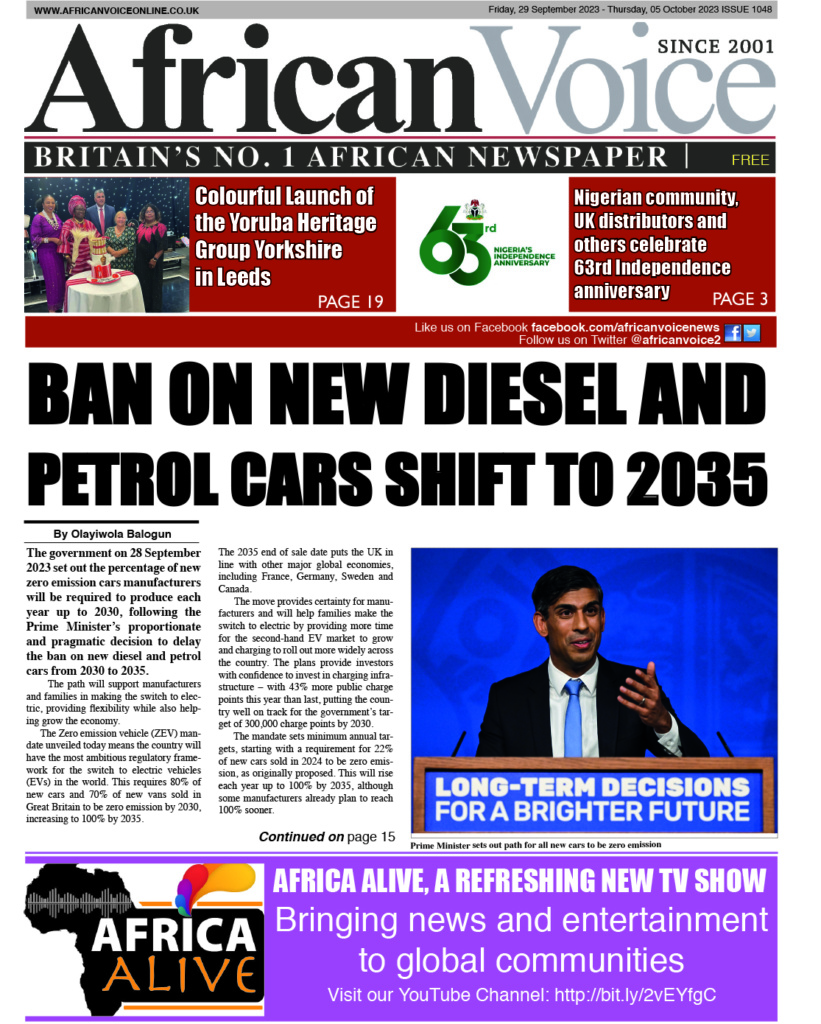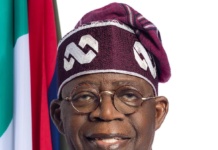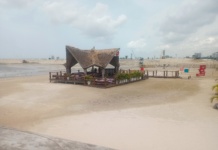
By Olakunle Agboola – The foundation of good democratic institutions is the social contract between political parties, voters and elected representatives. There won’t be a good democratic system if the ethos of the political parties does not focus on integrity.

Many have defined integrity as the quality of being honest and having strong moral principles but in a broad context, political integrity ought to be the foundation of a functional political party. This will align the preferences of every elected representative against the ethics and standards of the party.
Africans most especially the voters focus more on a good democratic system and that is the reason they come out every four or five years to vote for their candidates. The missing gap is not using a focal lens to deeply look into the political parties, which many lack integrity, which is the major reason why a good democratic system has not prevailed in many countries in Africa.
Over the years Political corruption has grown in wings defeating political integrity to have manipulation of policies, institutions and rules of law. It is all about private gain and gross conflicts of interest where elected politicians and their families or clans hold substantial business interests. They dip their hands in state resources and money and award unnecessary projects to families, friends and close associates.
It is like a story of two ants that ought to take a cube of sugar for themselves, like the other ants, and leave for their anthills but they decide to stay in the sugar bowl and eat the tasty treasures forever. But during daylight, the ants are shovelled up by a giant sugar bowl spoon. They experience misadventure and landed in a cup of tea dead and floated while the ants are scooped out.
This is just a reflection of greedy and self–centred politicians who do not care for others who are hungry, poor or do not have where to get their next meal. It is all about personal interest and gain in building empires of political thugs, killers, fraudsters and drug moguls. They are all interrelated and connected making it difficult for all the institutions to effectively work and protect the citizens.
Who are those who bankroll political campaigns in most African countries? These are companies or groups that can be thieves, drug barons and gangsters who want preferential treatment when their candidates get into power. The political contestants do not declare the sources of funding and campaign expenditures. They know the game and the elective candidates will have to pay back in contracts and frustrate all-state institutions for their benefit.
There have been many cases that did not see the light of day getting to court due to strong hands at the top. If the case could get to court, there will never be a justice that will serve the interest of the weak or the poor. A divisive hand is always at work to defend their own whereas good citizens cry daily about finding justice. It is a lock-key system in which political connections and affiliations of certain dysfunctional groups can only access the key to open the door.
What happens every four years in major political parties in Nigeria? They strategize on how to win the election and for the ruling party; the laundered money is often used for political campaign financing and vote buying during the election. Election management bodies and other relevant oversight and law enforcement agencies often lack the appropriate mandate, independence and resources to ensure that laws are enforced. Civil society finds it hard to understand the game or know who is funding these political candidates some of whom are drug barons, and ritualist-floating companies, which enjoy preferential treatment once their candidates get to power.
How could elective candidates fight corruption when the election that brought them into power was heavily manipulated? A lot of money is spent every year fighting corruption but the man who is the number one citizen of a country is fantastically corrupt with his political party. Almost two in every five citizens in Uganda believe that most or all of their top politicians are corrupt. Likewise, Kenya, Nigeria, Cameroon, South Africa, Ghana and Gambia shared the same opinions.
In 2012, the late Kofi Annan shared his opinion on “Electoral and political integrity”. He emphasised that building democracy is a process but can be very simple if the integrity of the election is not compromised so that it won’t affect the legitimacy of democracy. Many have argued that the legitimacy of democracy has been compromised in Nigeria, especially in the election that announced President Bola Ahmed Tinubu as the president of Nigeria. It’s understandable that if the integrity of an election is compromised or subjugated, it destroys the fabric of democracy subjugating the will of the people. When the will of the people is compromised, then it seized to be a democracy but a hybrid of autocracy, which is the reason why political coups have increased in West Africa in recent times. https://africanvoiceonline.co.uk/the-increase-in-military-coups-across-west-Africa
It is attested that, across Africa, only 41 per cent of citizens are satisfied with how democracy works in their country. Corruption erodes the citizens’ trust in democratic institutions and leads to political apathy, which in turn further fuels corruption. It is difficult for citizens to trust a corrupt government, as many will always find their way out to settle in a country where there is respect for rules of laws.
Open, fair, and accountable access to decision-making is essential to regain trust in democracy and ensure policies meet people’s needs. High-ranking politicians and public servants should regularly and publicly disclose their financial assets as well as business interests. Political parties and contestants are expected to disclose the source of funding as well as the destination of expenditure. Private companies donating to political candidates should disclose their true owners. The undue influence of money in politics should be discouraged allowing the election body to be independent.
The Constitution should be the benchmark by the intentional visitation of updating it to meet every challenge, especially election court cases. It does not go right to swear into office a perceived electoral candidate who did not win the majority of the votes but has to be declared a winner due to state apparatus. All cases against the winner at the court should be concluded before the democratic swearing-in and celebration as we have seen in Kenya in recent times. The place of excellence is a deeper reflection of integrity and not all that is called “excellence” really understand the meaning. It is just a mere expression to them and never in any form do they have the character or the spirit of excellence.
Civil society has a lot of work to do and that is the education of the mind to ensure good people are allowed in the political pool. This goes beyond exchanging the future of their unborn generation with a piece of porridge. The integrity of democratic government and dispensation is in the hands of civil society, but in this regard, education will be the bedrock of aligning their private world for upcoming generations to have a better future.









